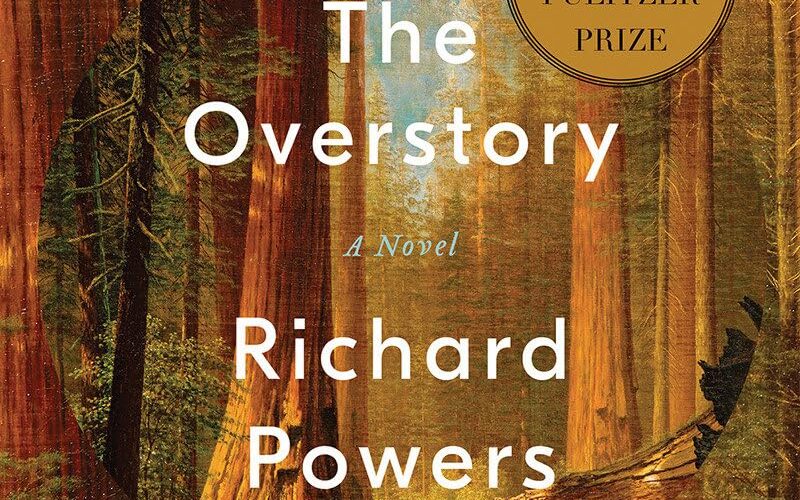Read it! One of the best works of literature I have encountered.
The Overstory by Richard Powers follows nine individuals with disparate backgrounds who, to greater and lesser degrees, get connected to each other over the course of the novel. The connective force is Trees.
The novel starts with the backstories of the nine individuals. These vignettes are powerful in their own right: The daughter of an immigrant Chinese electrical engineer, a Vietnam vet and survivor of the Stanford Experiment, a Midwest artist, a speech-impaired tree scientist, a crippled Silicon Valley entrepreneur and others. While this sounds unwieldy, Powers imagination creates nine unique individuals and settings, all providing their own perspectives and insights into life.
It is from the tree scientist, Dr Patricia Westerford, that we learn the most about trees. She rues that most people are blind to them…
“No one sees trees. We see fruit, we see nuts, we see wood, we see shade. We see ornaments or pretty fall foliage. Obstacles blocking the road or wrecking the ski slope. Dark, threatening places that must be cleared. We see branches about to crush our roof. We see a cash crop. But trees – trees are invisible.”
“Trees have long been trying to reach us. But they speak on frequencies too low for people to hear.”
But others in the group begin to see and hear, and some conspire in a bid to save the trees. They are conscious that…
“Exponential growth inside a finite system leads to collapse. But people don’t see it.”
They attempt to show it, to slow it down, but face powerful forces…
“It’s a funny thing about capitalism: money you lose by slowing down is always more important than money you’ve already made.”
In Silicon Valley, the tech entrepreneur’s hit video game Mastery mimics the real world…
“Property and mastery: nothing else counts. Earth will be monetized until all trees grow in straight lines, three people own all seven continents, and every large organism is bred to be slaughtered.”
…except that in the game, the developers can keep adding continents.
Powers’ writing is mesmerizing and his intimate knowledge of his subject matter is astounding, not just trees but psychology, coding, Buddhist customs, engineering, biology and more.
Powers seamlessly weaves his protagonists’ stories together, inviting the reader to keep going, intriguing us as we fall for the characters, flaws and all.
What emerges is a genuine tour de force with a simple message. In his own way he proves that…
“The best arguments in the world won’t change a person’s mind. The only thing that can do that is a good story.”
Richard Powers has given us the gift of a good story.
The reviewer is a co-author of Court of the Grandchildren, a novel set in 2050s America.
